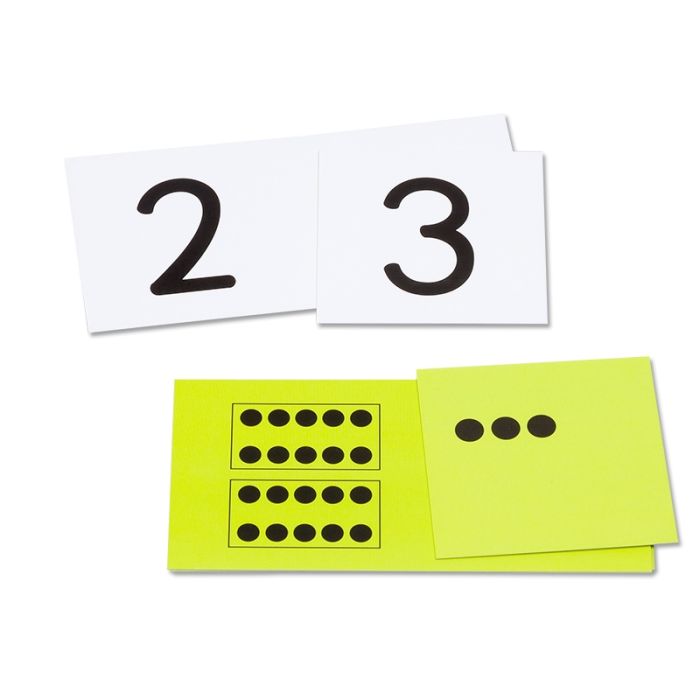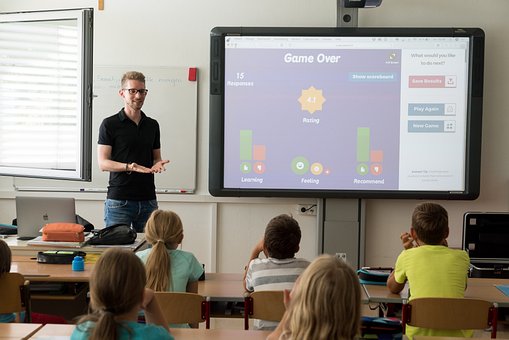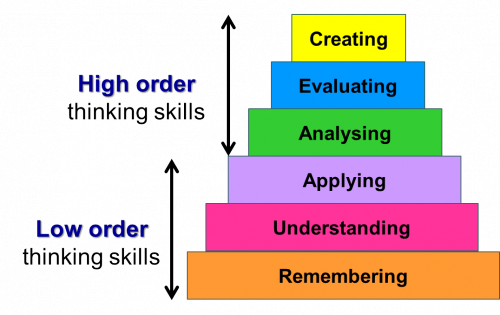Action research in reading comprehension is a fundamental skill that plays a critical role in students’ academic and personal lives. Students who struggle with reading comprehension often experience difficulties in understanding and interpreting written materials, leading to poor academic performance and reduced opportunities for success in life.
Teachers and researchers have, for many years, explored different methods to enhance students’ reading comprehension skills. One such method is action research, which involves a cyclical process of inquiry, reflection, and action that aims to improve teaching and learning practices.
Today in this post, I will be providing an in-depth analysis of the use of action research in reading comprehension to enhance reading comprehension skills in students.
>> See This Suggestion: Generating Questions For Reading Comprehension [ Best Guide]
What is Action Research?

Action research is a form of inquiry that involves a systematic process of problem identification, data collection, analysis, and reflection to improve educational practices. The goal of action research is to solve practical problems in real-life settings through a collaborative process involving teachers, researchers, and other stakeholders. In an educational setting, action research aims to improve teaching and learning practices, enhance student achievement, and promote professional development among educators.
Action research in Reading Comprehension Stages
Action research has been used to enhance reading comprehension skills in students. The process involves a cyclical approach that includes four key stages: planning, action, observation, and reflection. Each stage builds on the previous one, with the ultimate goal of improving student reading comprehension skills.
Stage 1: Planning
In this stage, the researcher identifies the problem to be addressed, formulates a research question, and develops a plan to collect data. The problem may be related to specific student groups, such as struggling readers, or to specific reading skills, such as decoding or vocabulary. The research question may be formulated as “What strategies can be used to improve struggling readers’ comprehension skills?” or “How can vocabulary instruction be enhanced to improve reading comprehension?”
Once the research question is formulated, the researcher develops a plan to collect data. The data may be collected through various methods, such as surveys, interviews, observations, or document analysis. The plan should be feasible and ethical and should be approved by the relevant authorities.
Stage 2: Action
In this stage, the researcher implements the plan to collect data. The plan may involve the use of specific teaching strategies, such as explicit instruction, cooperative learning, or graphic organizers, to enhance students’ reading comprehension skills. The researcher should ensure that the strategies are evidence-based and aligned with the research question.
During the action stage, the researcher collects data on the effectiveness of the strategies. The data may be collected through various means, such as student assessments, classroom observations, or teacher feedback. The data should be analyzed and interpreted to identify patterns and trends.
Stage 3: Observation
In this stage, the researcher observes the effectiveness of the strategies implemented during the action stage. The observations may be conducted in various forms, such as structured observations, informal conversations, or student work samples. The researcher should document the observations and compare them to the data collected during the action stage.
The observations should be used to refine the strategies used during the action stage. The researcher may identify areas of strengths and weaknesses and make necessary adjustments to improve the effectiveness of the strategies.
Stage 4: Reflection
In this stage, the researcher reflects on the entire process of action research. The reflection may involve evaluating the effectiveness of the strategies used, identifying areas for improvement, and making recommendations for future research. The researcher should also consider the ethical implications of the research and make any necessary adjustments.
Benefits of Action Research in Reading Comprehension
Action research has several benefits for enhancing reading comprehension skills in students.
- First, it is a collaborative process that involves teachers, researchers, and other stakeholders, promoting professional development and enhancing teaching and learning practices.
- Second, it is a data-driven process that uses evidence-based strategies to improve student achievement.
- Third, it encourages ongoing reflection and self-evaluation, promoting continuous improvement in teaching practices.
Action research also promotes a culture of inquiry and experimentation, where teachers are encouraged to try new strategies and techniques to enhance student learning. This approach promotes a growth mindset among students and helps them develop the skills and confidence necessary for lifelong learning.
action research in reading comprehension also enables teachers to tailor their teaching practices to the needs of individual students. By collecting and analyzing data, teachers can identify specific areas of weakness and adjust their teaching practices accordingly. This approach ensures that all students receive targeted support and instruction, promoting greater equity and inclusion in the classroom.
This same action research in reading comprehension also promotes a greater understanding of the complex processes involved in reading comprehension. By breaking down the reading process into its component parts, teachers can identify specific areas where students may be struggling and develop targeted interventions to support their learning. This approach promotes a deeper understanding of reading comprehension and enables teachers to develop more effective strategies for teaching this critical skill.
Conclusion On action research in reading comprehension
Action research is a powerful tool for enhancing reading comprehension skills in students. By using a systematic process of inquiry, reflection, and action, teachers can identify specific areas of weakness and develop targeted interventions to support student learning.
This action research in reading comprehension approach promotes a growth mindset among students, enhances teaching and learning practices, and promotes greater equity and inclusion in the classroom. As such, action research is an essential tool for promoting student achievement and success in life.






